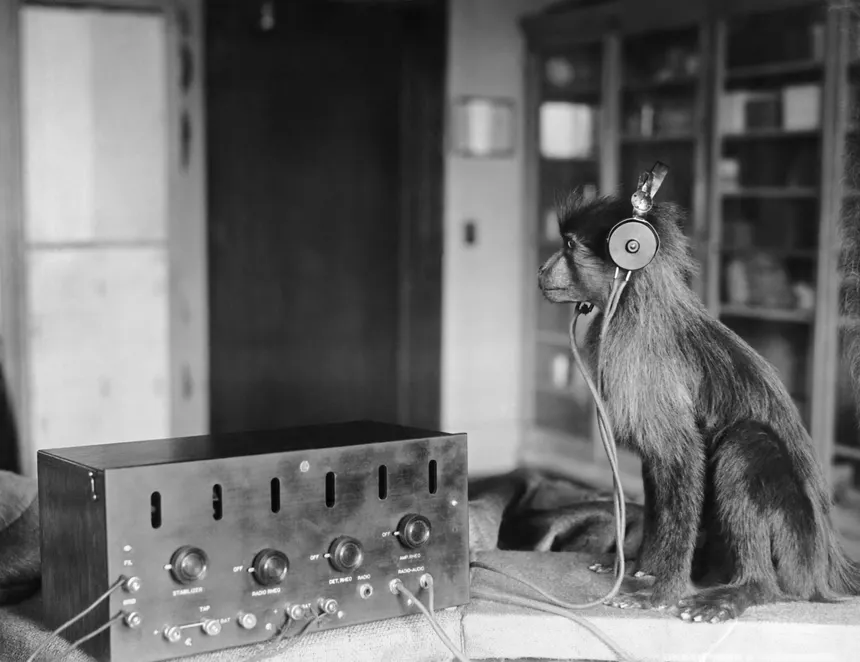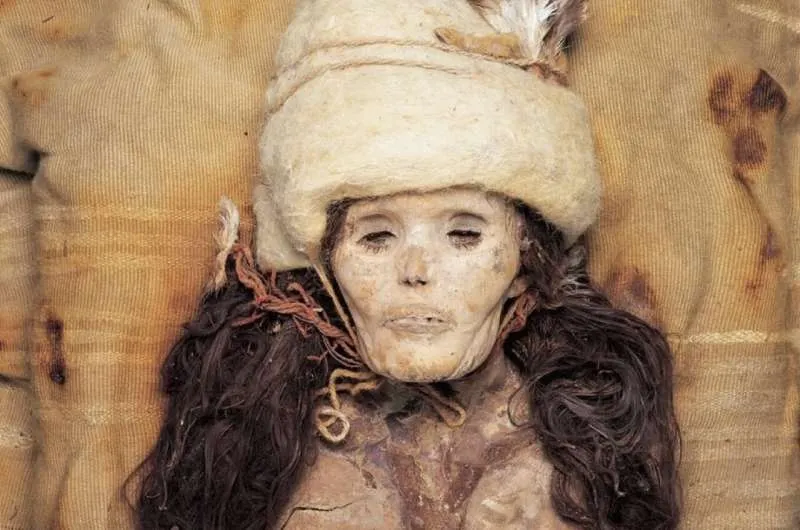Napoleon Bonaparte: Facts About His Life, Death, and Military Career

Introduction
Few figures in world history are as polarizing, influential, and enigmatic as Napoleon Bonaparte. Celebrated as a military genius, political reformer, and architect of modern Europe, yet condemned as a warmonger, dictator, and imperialist, Napoleon’s life is a sweeping tale of glory, ambition, revolution, and downfall.
From humble beginnings on a Mediterranean island to becoming Emperor of the French, Napoleon’s story is one of meteoric rise and dramatic collapse—intertwining with the fate of an entire continent.
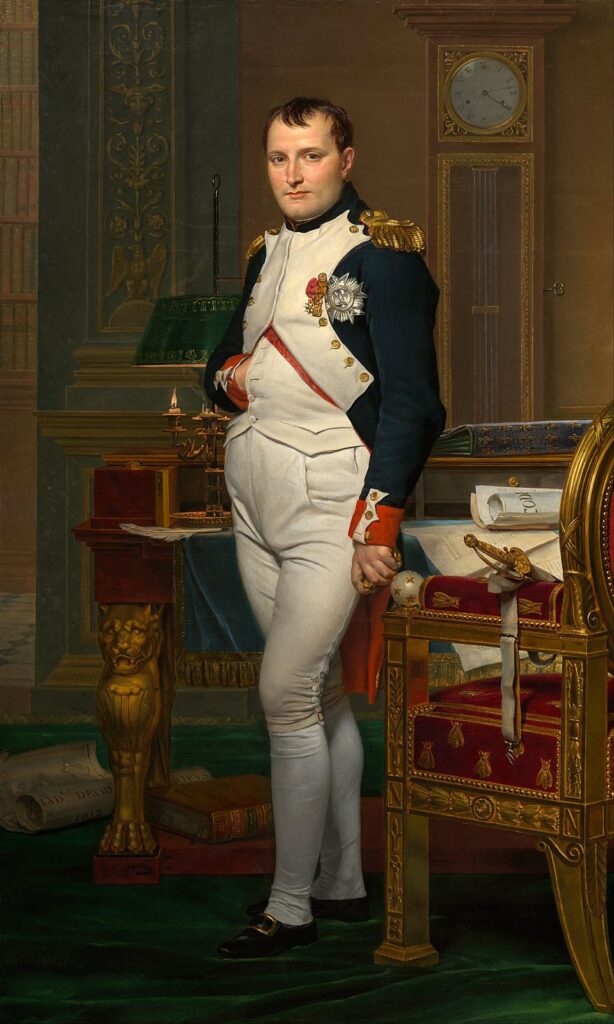
Early Life and Origins
- Born: August 15, 1769, in Ajaccio, on the island of Corsica, shortly after it was annexed by France from Genoa.
- Birth Name: Napoleone di Buonaparte (later changed to Napoleon Bonaparte to sound more French).
- He came from minor Italian-Corsican nobility and was one of eight siblings.
Education
- Sent to mainland France at age 9 to study at military academies.
- Graduated from the École Militaire in Paris at age 16, specializing in artillery.
- Faced bullying for his accent and origins, developing a strong sense of identity and ambition.
Rise During the French Revolution
The French Revolution (1789–1799) turned France into political chaos—but it also created opportunities. Napoleon aligned himself with the Jacobins and rose quickly through the military ranks.
Key Early Achievements:
- 1793: Suppressed a royalist rebellion in Toulon.
- 1795: Crushed an insurrection in Paris—earning fame and the patronage of the Directory (France’s ruling body).
- 1796–1797: Led the Italian Campaign, defeating Austrian forces and becoming a national hero at just 27.
Egyptian Campaign (1798–1799)
- Aimed to disrupt British trade with India, Napoleon invaded Egypt.
- Victory at Battle of the Pyramids, but eventual failure due to:
- Defeat of the French fleet by Admiral Nelson at the Battle of the Nile
- Rising resistance in the Middle East
- Despite the setbacks, Napoleon returned to France a hero thanks to controlled propaganda.
Coup of 18 Brumaire and Rise to Power
In 1799, with France in political turmoil, Napoleon staged a coup d’état known as the Coup of 18 Brumaire, overthrowing the Directory and establishing the Consulate.
He named himself First Consul, effectively the ruler of France. In 1804, he crowned himself Emperor Napoleon I, symbolizing his authority as independent from the Pope.
Domestic Reforms and Legacy
Napoleon’s influence wasn’t just military—he reshaped French and European society.
Major Domestic Achievements:
- Napoleonic Code (1804): A unified legal system that emphasized merit, secularism, and property rights—still the basis for many modern legal systems.
- Concordat of 1801: Reconciliation with the Catholic Church.
- Education: Founded lycées (secondary schools) and promoted merit-based civil service.
- Bank of France (1800): Stabilized the economy.
The Napoleonic Wars (1803–1815)
Napoleon’s ambitions led to nearly a decade of war across Europe, known as the Napoleonic Wars. He formed and broke alliances, expanded the French Empire, and defeated powerful coalitions.
Famous Battles and Campaigns:
- Battle of Austerlitz (1805): Decisive victory over Austria and Russia—considered his greatest triumph.
- Battle of Jena-Auerstedt (1806): Crushed Prussia.
- Continental System: Economic blockade against Britain (largely unsuccessful).
- Peninsular War (1808–1814): Bloody guerrilla war in Spain that sapped French resources.
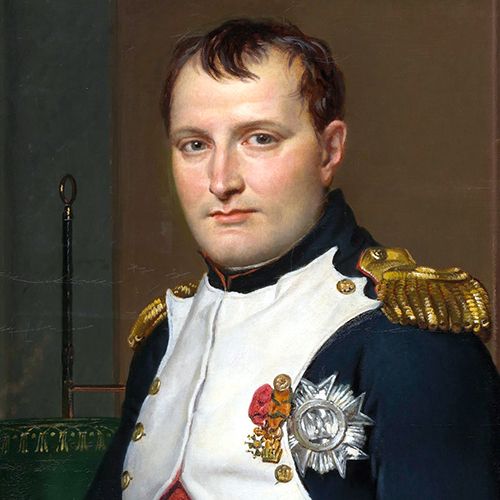
Invasion of Russia (1812): The Beginning of the End
Napoleon’s greatest military blunder was his invasion of Russia in June 1812.
- Captured Moscow, but found it abandoned and burned.
- Harsh winter and scorched earth tactics devastated the Grand Armée.
- Only about 100,000 of the original 600,000 soldiers returned.
This disaster led to widespread rebellion across Europe.
First Fall and Exile to Elba (1814)
- After a series of defeats, the Sixth Coalition (Austria, Prussia, Russia, Britain) invaded France.
- Napoleon abdicated in April 1814 and was exiled to the island of Elba, near Italy.
- Remarkably, he was allowed to keep the title of Emperor and rule Elba with a small staff.
The Hundred Days and Waterloo (1815)
- In March 1815, Napoleon escaped Elba and returned to France in what became known as the Hundred Days.
- He regained power without a shot fired and resumed his rule, prompting the Seventh Coalition to form.
Battle of Waterloo (June 18, 1815)
- Fought in modern-day Belgium, against the Duke of Wellington (British) and Marshal Blücher (Prussian).
- Napoleon was defeated after a brutal one-day battle.
- It marked the end of his reign and his military career.
Second Exile and Death
- Captured and exiled to the remote island of Saint Helena, in the South Atlantic Ocean.
- Lived under British supervision at Longwood House, in poor conditions.
Death
- Died on May 5, 1821, at age 51.
- Cause of death: Officially listed as stomach cancer, though some theories suggest arsenic poisoning.
- Last words reportedly were: “France, armée, tête d’armée, Joséphine…” (“France, army, head of the army, Joséphine…”)
Family and Personal Life
- First wife: Joséphine de Beauharnais, divorced due to lack of heir.
- Second wife: Marie Louise of Austria, with whom he had a son: Napoleon II, titled King of Rome.
- His son died young, and Napoleon’s dynasty never regained the throne.
Legacy
Napoleon left an indelible mark on France and the world.
Positive Legacy:
- Modernized European legal and educational systems.
- Promoted nationalism and meritocracy.
- Inspired Romantic art, literature, and national liberation movements.
Negative Legacy:
- Waged wars that caused millions of deaths.
- Crowned himself emperor, ending a republican revolution.
- Reinstituted slavery in French colonies (which had been abolished after the revolution).
Interesting Facts
- Napoleon was not extremely short; he stood around 5’6”–5’7”—average height for the time.
- He was a brilliant chess player and strategist.
- His famous quote: “Impossible is a word to be found only in the dictionary of fools.”
- The term “Napoleon complex” is a modern psychological theory linked (unfairly) to his height.
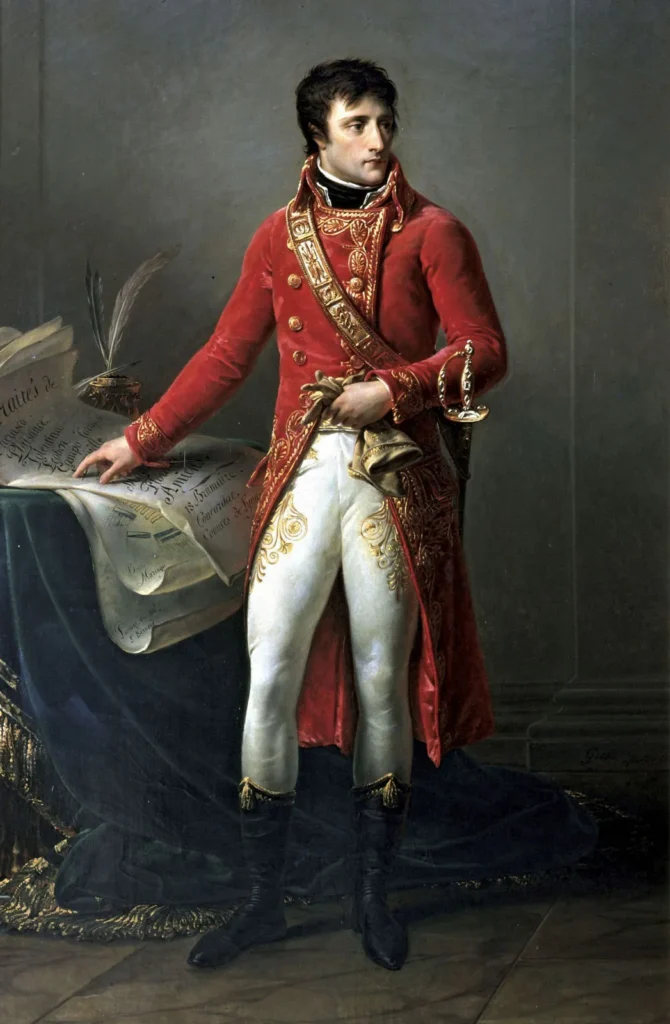
Conclusion
Napoleon Bonaparte was a man of immense contradiction—a revolutionary who became an emperor, a reformer who ruled with an iron hand, and a military mastermind who met his downfall through overreach.
His impact on Europe is undeniable, shaping modern law, governance, and nationalism. Whether viewed as a hero or tyrant, Napoleon’s life is a monumental chapter in human history—a symbol of the heights one man can reach, and the cost of reaching too far.




